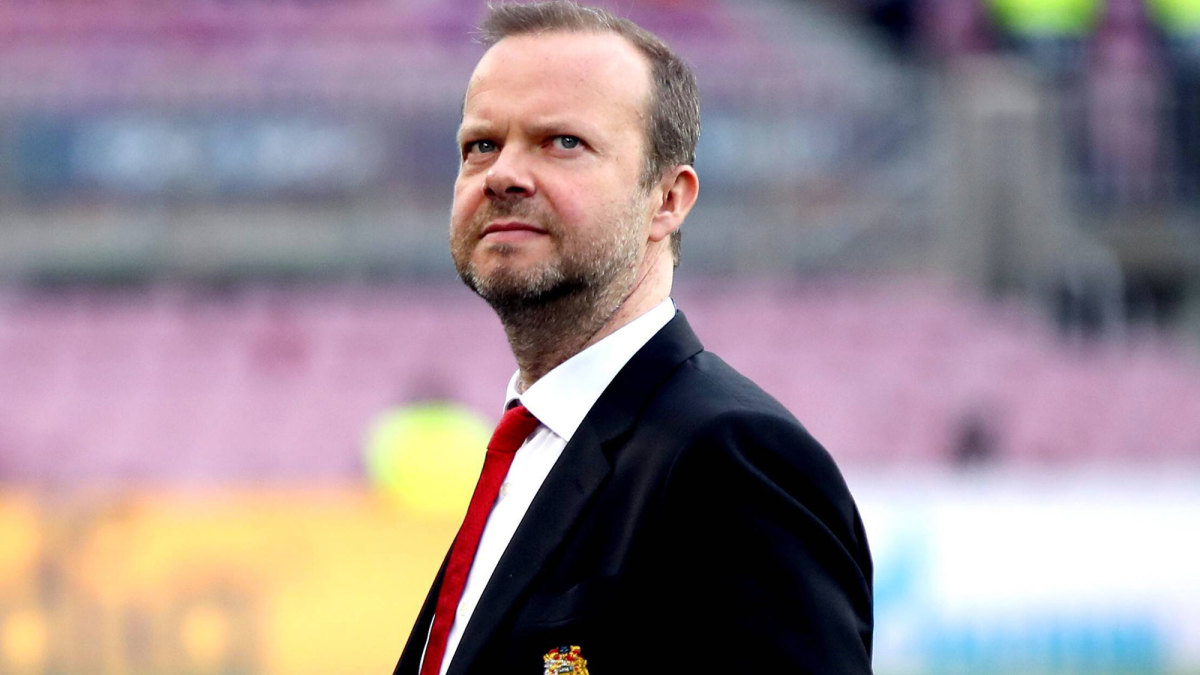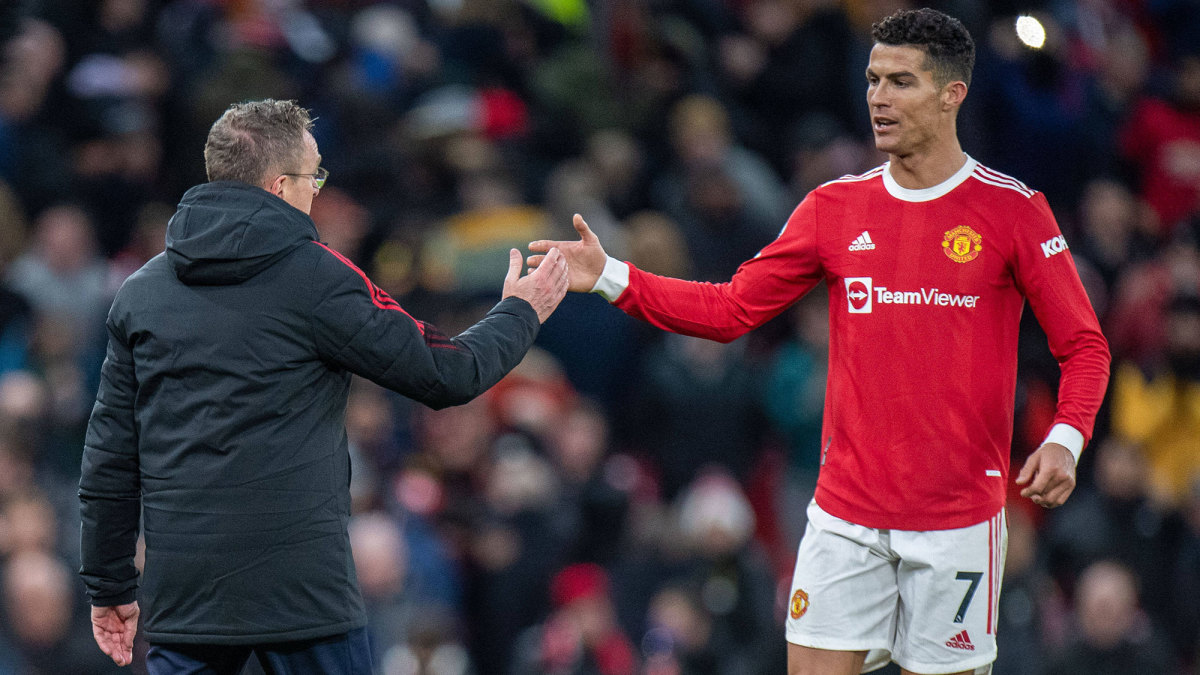Ed Woodward's Impending Exit Marks the End of Man United's Error

Ed Woodward’s reign as executive vice chairman of Manchester United is ending as it has always been: in largely self-inflicted confusion. No executive of an English football club has ever devoted so much time to personal PR, which makes you wonder how bad his reputation would have been without it.
Man United’s glorious history, he briefed as he stepped down, was like an albatross around the club’s neck; what was needed was to bring that albatross to life again. It’s just possible Woodward has never read Coleridge’s Rime of the Ancient Mariner; or if he has, his reading of it is idiosyncratic. The Mariner shot an albatross with his crossbow, an act that came to be blamed for the disappearance of the wind that left his ship becalmed. To punish him for having awakened a curse, his shipmates then tied the body of the albatross around his neck—so is he saying that Ernest Mangnall, Matt Busby and Sir Alex Ferguson shouldn’t have won 20 league titles and three European Cups?
It may be true that past success raises unhelpful pressure at times, but it is also that success that makes United the wealthiest club by revenue in England and made Woodward the best-paid football club executive in the country. To describe that as a curse seems ungrateful. And, of course, were the albatross to come back to life, it is unlikely to end well, flapping in terror while tied around somebody’s neck.

But then, very little Woodward has done made sense. He was unfortunate in a way that he took over just as Ferguson left. Replacing a manager who has dominated a club in the way Ferguson had for 27 years was never going to be easy. Where other clubs had structures, United simply had the boss, somebody with an irreplaceable wealth of knowledge, unrivaled contacts and an aura that commanded respect and intimidated rivals.
What has followed has been eight-and-a-half years of chaos, bad decision followed by bad decision. David Moyes was Ferguson’s choice to succeed him. Woodward took a photograph of the scoreboard in Piraeus when Man United, under Moyes's watch in 2014, lost 2-0 to Olympiakos in the first leg of its Champions League last-16 tie and vowed he would never let things get so bad again. They did—and got even worse.
The lack of footballing expertise on the board was brutally exposed. Louis van Gaal was an understandable gamble, an aging master who had enjoyed a new lease on life with the Netherlands, but José Mourinho was not, a figure on the decline with a history of disrupting dressing rooms. It was as though the United board had bought the image of him as a born-winner without considering what that might mean or why things had gone so badly wrong for him at Real Madrid and Chelsea.
Ole Gunnar Solskjaer made sense as a detoxifying interim coach, but to appoint him to the job permanently before the end of that season in response to a couple of good results and a public clamor showed just how subject to whim Woodward was, how he reacted to circumstance. The signing of Cristiano Ronaldo this past summer was similar, plans ripped up for short-term popularity. What remains is an uneven squad that increasingly looks unmanageable, full of egos who have no faith in the hierarchy and so have taken to self-interest.
Into which mess has stepped poor Ralf Rangnick, a man who quit Schalke because he hated the limelight so much. He had coached just 88 games in a decade before taking the United job. With the players in almost open revolt, seemingly resistant to his attempts to impose his pressing game, it feels as though he may be the right man in the wrong job. His success has been as a director of football, and this is a board that desperately needs that sort of expertise. But instead, Rangnick’s political capital risks being burned before he even gets to the consultancy part of his role.

The FA Cup is constantly having to battle for relevance in the modern game, but for United, Monday’s third-round matchup at home against Aston Villa is all too relevant. It has been five years now since United last won a trophy, an unthinkable period of dearth for a club of its stature. United desperately needs a cup run—anything, really—just to restore morale.
Meanwhile, Woodward will simply be walking away on Feb. 1, his exit long pre-arranged after the Super League fiasco last spring. He may have been a success from a business point of view, earning the club a fortune in sponsorship deals—a noodle partnership here, a pillow partnership there—but in terms of football, he leaves United in a far weaker position than it was in when he joined. Rangnick is just one of many paying the price.
More Soccer Coverage:
